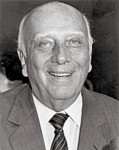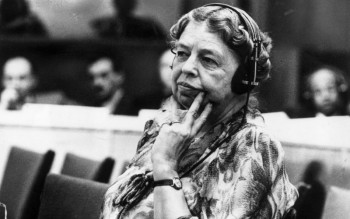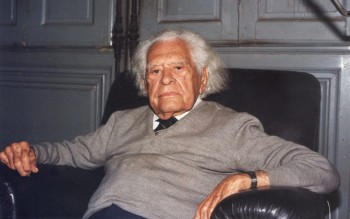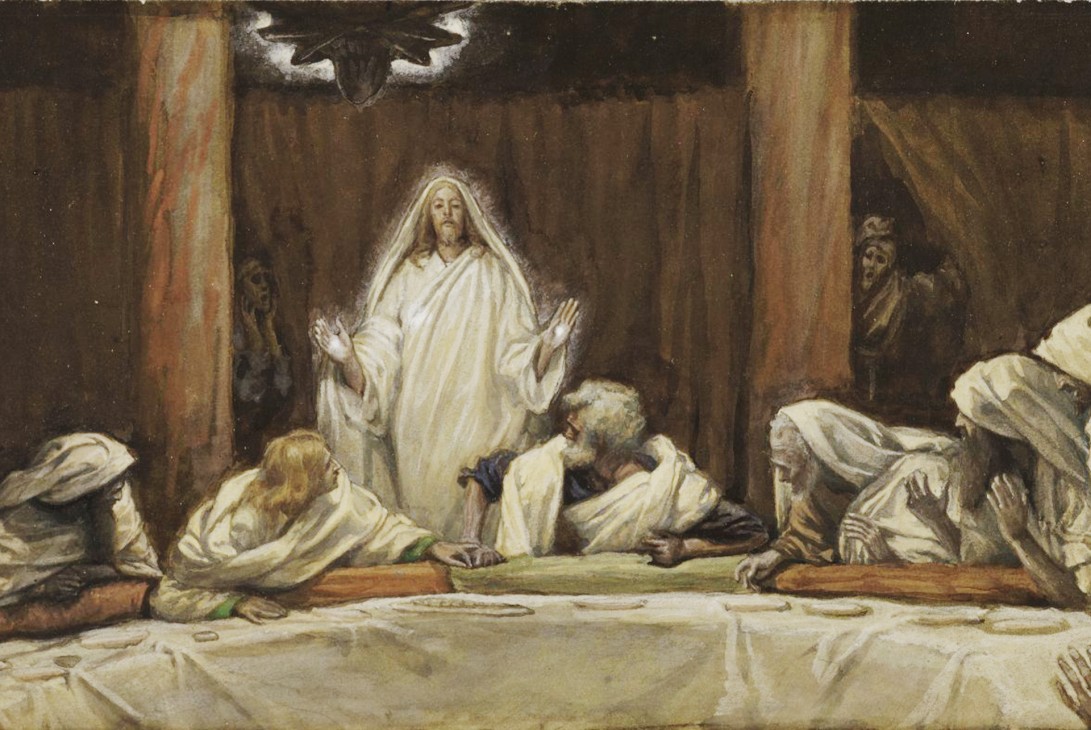Human Rights and Spiritual Duties

Ulysses Guimarães
The 76th anniversary of the Universal Declaration of Human Rights, which was voted upon by the General Assembly of the United Nations at the Chaillot Palace in Paris in 1948, is officially celebrated on December 10. It became one of the main charters that govern the noble initiatives of the UN, inspiring the preparation of other important documents and constitutions, such as the Brazilian Constitution that was proclaimed in 1988, the “citizen constitution”, in the definition of Representative Ulysses Guimarães (1916-1992), who presided over the National Constituent Assembly.
The “Geneva Draft”

Eleanor Roosevelt
From January 1947, Eleanor Roosevelt (1884-1962), widow of US president Franklin Delano Roosevelt (1882-1945), headed the Human Rights Committee, brought together by the UN, until the adoption of the 30 articles in that memorable December of 1948. Considered to be the driving force of the project, Mrs. Roosevelt led a group of 18 members of heterogeneous cultural, political, and religious backgrounds in preparing what became known as the “Geneva Draft”, in September 1948, which was presented to and submitted for the approval of more than 50 member states. We are very proud to remember the participation of the illustrious Brazilian journalist, my dear friend, Austregésilo de Athayde (1898-1993), one of the most renowned collaborators of this extraordinary work. He was also the president of the Brazilian Academy of Letters (ABL) and chairman of the Honorary Board for the construction of the LGW’s ParlaMundi in Brasília/DF.
The desired freedom

Austregésilo de Athayde
Over the years, the study of Law has been improved in order to give society increasingly solid guarantees. The 20th century, for example, left us an immense learning legacy by way of its successive civil conquests.
As a tribute to so many activists who through history have longed for freedom and worthy conditions of life and as my contribution to such a significant milestone, I bring you extracts from a modest talk I gave that was published, among other places, in “Reflexões e Pensamentos — Dialética da Boa Vontade” (1987) [Reflections and Thoughts – The Dialect of Good Will] and in “Manifesto da Boa Vontade” [Manifest of Good Will] (October 21, 1991):
Believing that one might have rights without duties is leading to a huge loss for the cause of freedom. It is important to clarify that when I point out that citizens have duties which take precedence over their own rights, under no circumstances am I defending a distorted view of labor, in which slavery is one of its most abominable facets.
For that reason, we want all human beings to be truly equal in terms of their rights and opportunities and for their social, intellectual, and religious merits, however praised and recognized they are, not to deprive other citizens of their rights and freedoms. Freedom without fraternity condemns us to chaos.
We want a society in which God and His laws of love and justice inspire zeal for individual freedom, which guarantees political and legal security for all, as the Christmas of the Christ of God inspires us. I am talking of the Supreme Creator, who is Love, and not of the erroneous understanding they try to make of Him, a detestable instrument of fanaticism, tyranny, prejudice, and hatred. Consequently, I am not referring to an anthropomorphic god, a caricature, created in the image and likeness of an imperfect man. (...)

The true virtues will be those that are constituted by creatures themselves in the honest occupation of their days, in administering their property, and in the respect for their fellow being, in the beautiful and exciting adventure that is life. A nation that is made of such elements will always be strong and inviolable.
My wish for the 21st century is for us to be able to consolidate these ideals and expand them to the people of the Earth so that they are truly experienced, and that we never repeat the things that were a disaster in the 20th century.
The comments do not represent the views of this site and are the sole responsibility of their authors. It denied the inclusion of inappropriate materials that violate the moral, good customs, and/or the rights of others. Learn more at Frequently asked questions.
United States